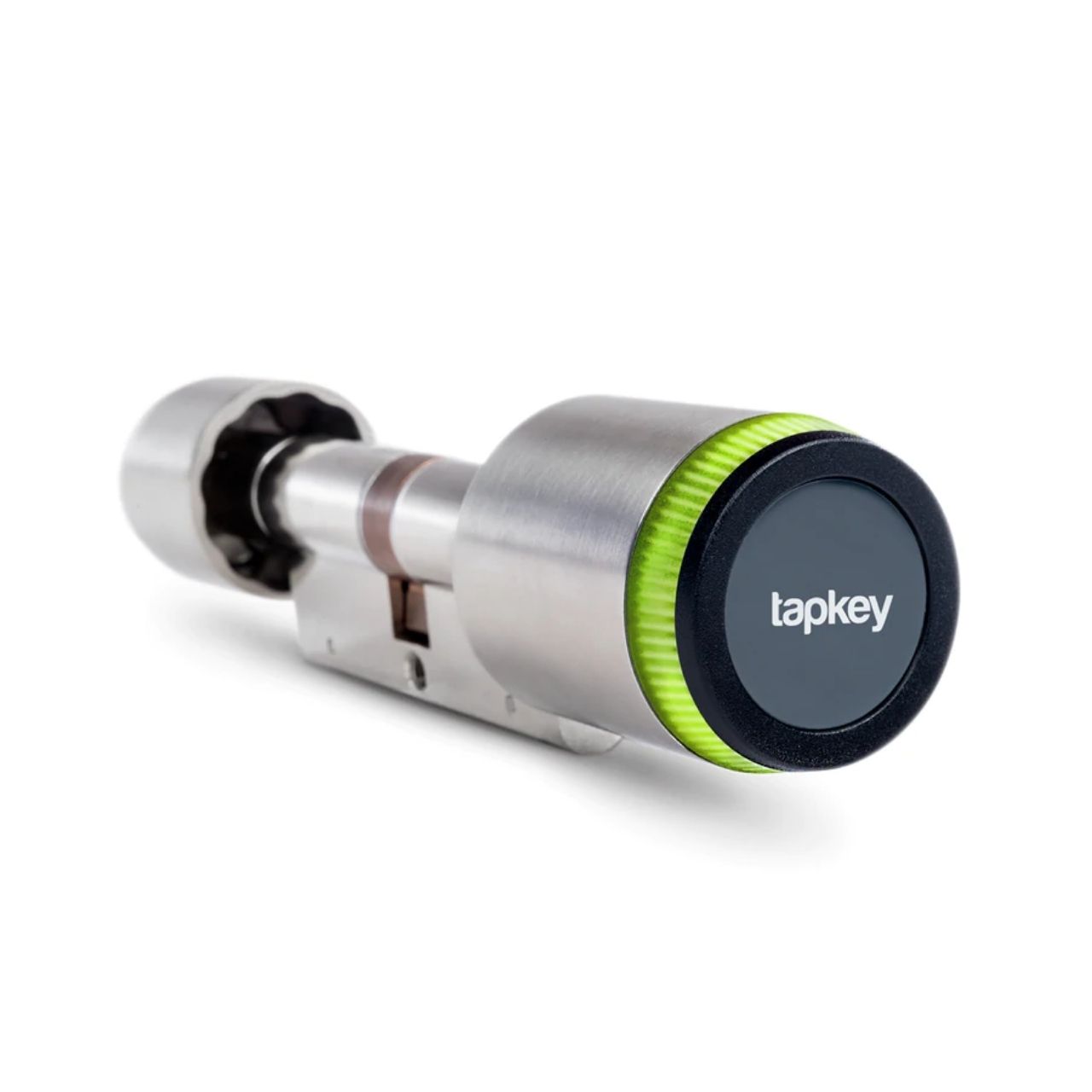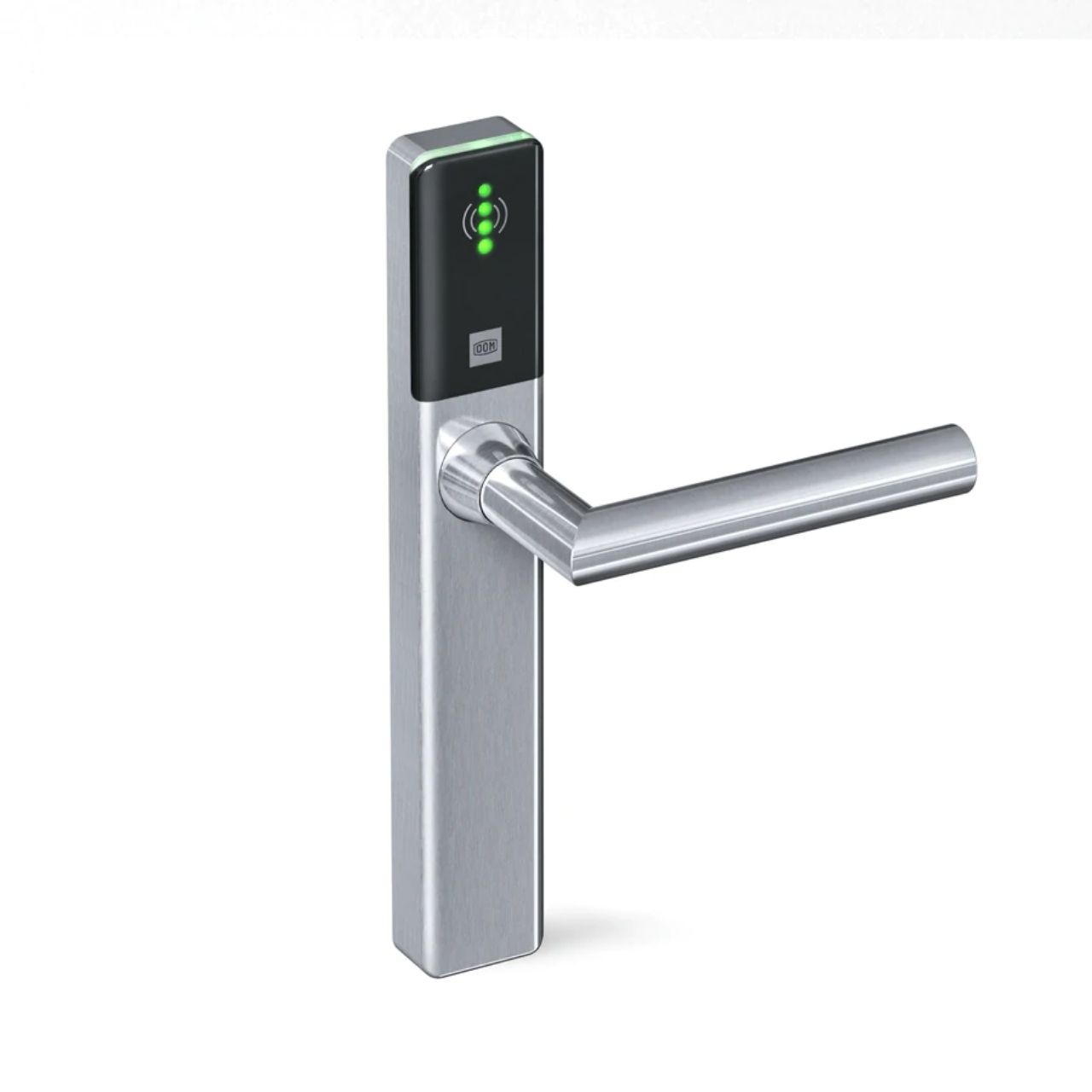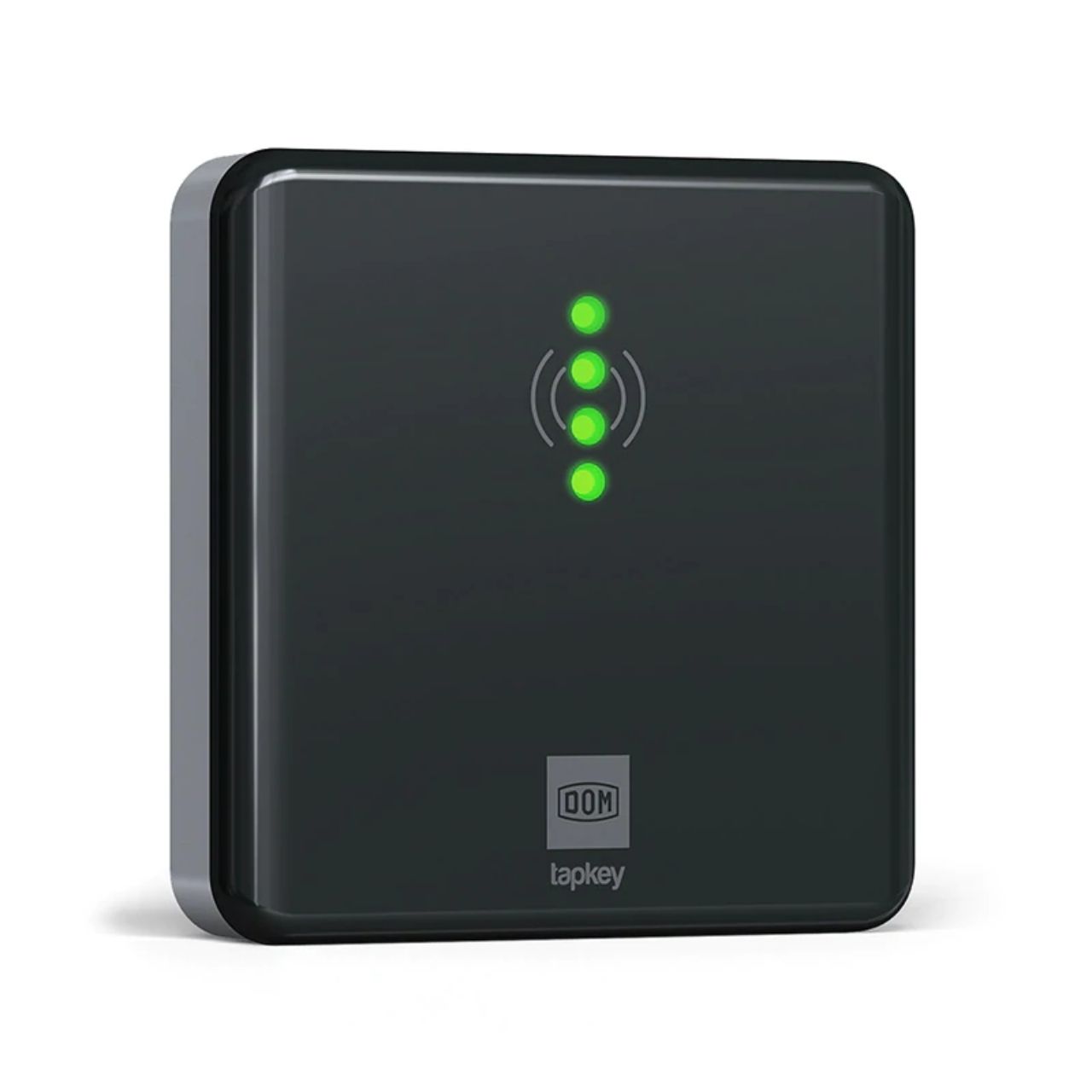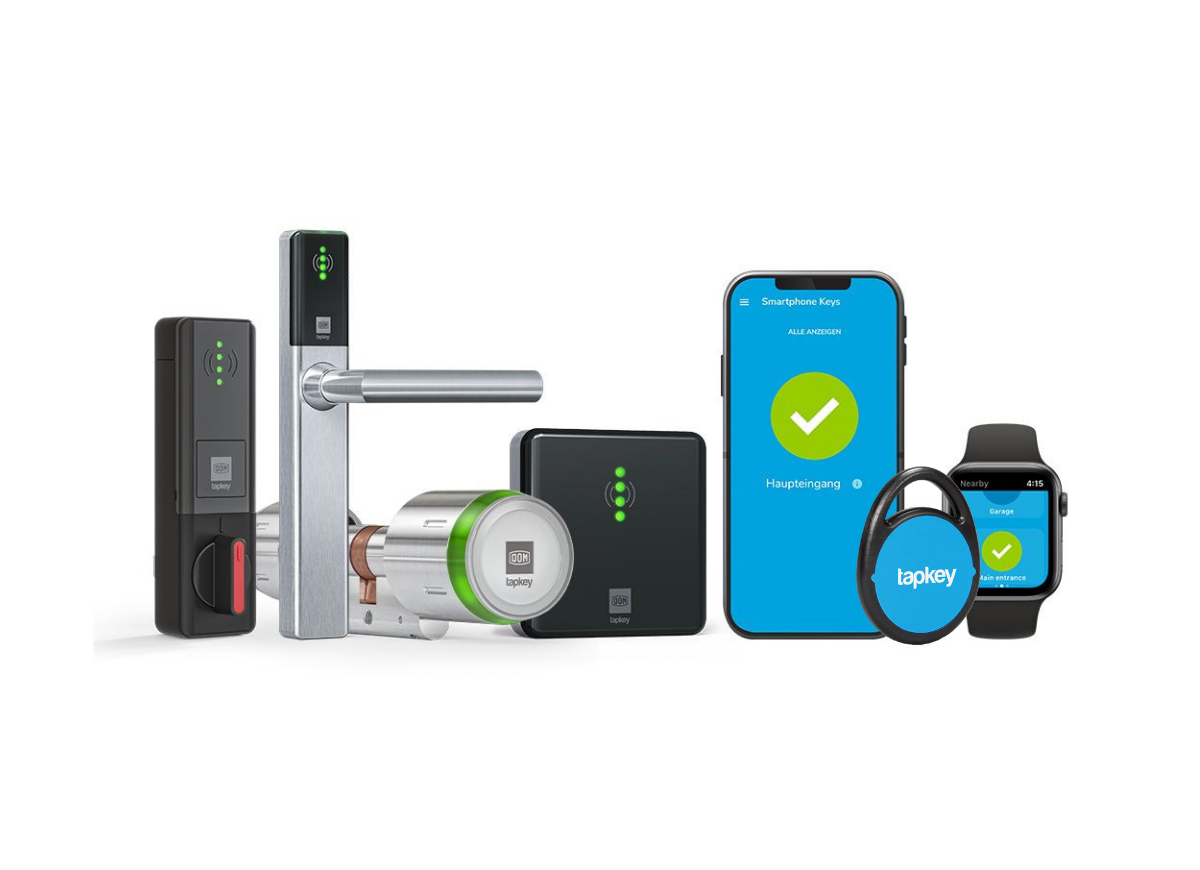We often encounter discussions about the higher initial setup cost of smart locks, a concern for many considering the switch from traditional key-and-lock systems. Indeed, at first glance, the investment in smart locks and their associated software may appear substantial. However, it’s crucial to delve beyond initial costs and examine the broader implications of continuing with manual keys. The true expense of physical keys extends beyond mere financial outlay, encompassing security vulnerabilities and operational inefficiencies that can significantly impact the long term. Let’s explore the real price tag with physical keys and see why transitioning to cloud-based solutions like Tapkey isn’t merely an upgrade—but a strategic move.
The High Price of a Lost Key
The inconvenience of losing a key is something many of us are familiar with. However, the true cost goes beyond the mere replacement of the physical key. The true cost is multifaceted and means compromised security and operations, and even the organisation’s reputation. When a key is lost, the security of the entire facility is compromised.
For businesses, a lost key doesn’t just mean the physical expense of cutting a new one; it often necessitates replacing locks to safeguard against unauthorised access. A process that can be both costly and time-consuming, especially in scenarios where keys are part of a master key system. There, the implications are even more significant, potentially requiring an overhaul of the entire locking system to maintain security integrity.
The financial impact is just one aspect. The operational disruptions caused by a lost or missing key scenario can be substantial. Time and resources must be diverted to address the issue, from coordinating lock replacements to managing the security risks during the interim period when the lost key could be misused. This situation is exacerbated in sensitive environments, such as healthcare facilities, public spaces or schools—where security cannot be compromised.
Security Risks: When the Wrong Person Finds Their Way In
Manual keys offer no traceability. If a key is copied or ends up with someone who shouldn’t have access to a space, it can lead to serious security problems. Paired with lost keys, the lack of control over who enters leaves businesses and homeowners vulnerable to security breaches. When the wrong person finds their way into a restricted area, the consequences can range from minor infringements to significant security breaches, including theft, vandalism, or compromise of sensitive information. In places like offices, factories, or residential complexes, this could put people’s safety and privacy at risk. Traditional keys offer no insight into who has accessed a space or when, making it challenging to identify culprits or understand the scope of a security breach after it has occurred. The aftermath of such breaches can be devastating, affecting customer trust and leading to long-term reputational damage. On the other hand, smart locks can significantly mitigate this risk by providing detailed access logs and the ability to instantly revoke access rights.
The Cost of Uncertainty: Not Knowing Who Entered Last
Besides the problems associated with unwarranted breaches, one of the most significant drawbacks of manual keys in everyday business is the absence of an audit trail. Who has the spare key? Is it this employee or the other one? In environments where security and accountability are paramount, not knowing who was the last person to enter a room can have serious implications. This lack of information can hinder investigations and accountability, especially in cases of theft or damage. Simple monitoring is the answer to keeping things under control.
The Hidden Nightmare: Locking Yourself Out
Locking yourself out is another hidden cost of manual keys. It’s a frustrating situation that can happen to anyone, but it comes with its own set of consequences. Not only does it waste time and cause inconvenience, but it can also lead to additional expenses. Calling a locksmith or maintenance personnel to regain access can be expensive, especially if it happens frequently. In some cases, it may even result in damage to the property if attempts are made to force entry. These unexpected costs add up over time and can significantly impact budgets, making smart locks a more cost-effective solution in the long run. You might be wondering what happens if you lose your phone or it gets stolen? With Mobile Keys, that’s no problem at all. Simply log in to Tapkey with another device and you’ll have access again.
Yes to Mobile Keys!
Wave goodbye to traditional keys and welcome the era of smart lock systems—a leap towards tighter security, more efficiency, and greater convenience. The initial investment in smart locks might look steep, but it quickly pays for itself as you save on the hidden costs that come with manual keys. Imagine being able to control access from anywhere, monitor entries in real-time, and instantly grant or revoke permissions with just a tap on your screen—features that deliver unprecedented control and peace of mind.
To wrap it up, while smart locks and their software initially cost more than old-school key systems, the long-term benefits like cost savings, enhanced security, and operational improvements make them a no-brainer investment. The hidden costs of manual keys—not just the price of replacing lost keys but also the security risks and inefficiencies from lacking an audit trail—really highlight the need for a smarter, more secure approach to access management. Standing at the cutting edge, Tapkey offers innovative solutions that confront these challenges directly, proving that the future of security is keyless.







Team Spotlight: Get to know—Emil
Meet Emil, our tech support expert at Tapkey. [...]
Mehr lesenJan
Tapkey Enables Smart Bookings With Automated Access Control
The smart booking system Locaboo integrates Tapkey and [...]
Mehr lesenJun
Your Coworking Space Right in Your Pocket With Spacebring & Tapkey
Streamline access to your workspace with Tapkey & [...]
Mehr lesenNov
Access Over Ownership: Sharing Economy & Smart Access
Mobile access not only makes sharing processes easier, [...]
Mehr lesenApr